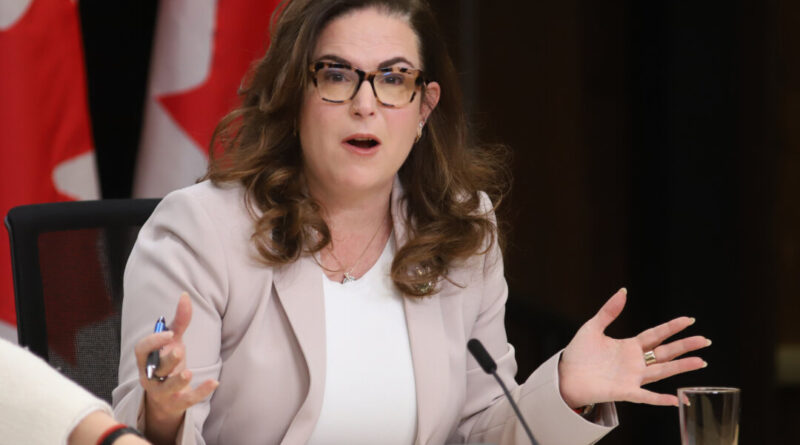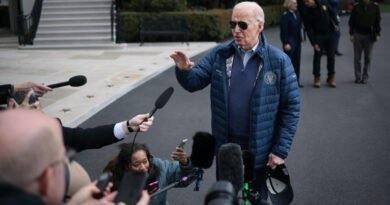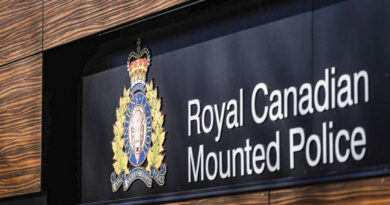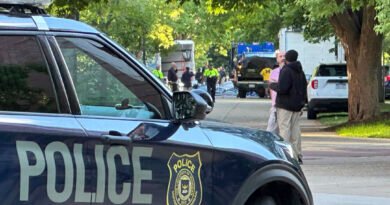Federal Authorities Request Additional Information from British Columbia Prior to Deciding on Decriminalization
Health Canada is asking for more information on substance use rates and treatment capacity to evaluate British Columbia’s request to re-criminalize open drug use in public places like hospitals and playgrounds.
The B.C. Mental Health and Addictions Ministry promptly responded to Health Canada’s request for additional information as Ottawa considers an exemption to the drug decriminalization pilot project in the province. Minister Jennifer Whiteside mentioned this in the B.C. legislature on May 1.
BC United MLA Ellis Ross raised concerns about the NDP government’s commitment to collaborating with Ottawa, suggesting that Health Canada’s request indicates a lack of communication from the federal government.
Minister Whiteside did not directly address Ross’s question but reiterated the province’s dedication to working with federal and provincial partners to ensure the safety and healthcare access of British Columbians amidst the toxic drug crisis.
While Health Canada’s specific request has not been publicly disclosed, the B.C. Mental Health and Addictions Ministry stated in a Globe and Mail release that the requested details included “data on substance use and care along with potential guidance for police.”
The Epoch Times reached out to the B.C. Mental Health and Addictions Ministry and the Premier’s Office for insights concerning Health Canada’s information request but did not receive a response at the time of publication.
Minister Ya’ara Saks of Addictions has remained secretive about Ottawa’s reaction, indicating that the federal government is reviewing B.C.’s appeal to scale back decriminalization.
Pilot Project
The decriminalization pilot project was initiated to address an opioid and street drug crisis that has resulted in over 14,000 overdose fatalities since the public health emergency declaration in April 2016.
The province is in the first year of the three-year pilot project, established in January 2023 when Health Canada granted an exemption to federal drug laws, decriminalizing possession of up to 2.5 grams of specified illegal drugs like heroin, fentanyl, cocaine, and methamphetamine.
B.C. Premier David Eby recently urged Health Canada to modify that exemption to re-criminalize the use of those drugs in public places such as hospitals, transit areas, parks, and provide law enforcement with the necessary resources to prevent public drug use.
Eby has faced criticism from both provincial and federal conservative leaders for supporting the decriminalization effort. He defended his decriminalization plan by asserting that the requested policy amendment would enhance public safety during a speech to the B.C. Legislature on May 1.
He emphasized that decriminalization would still apply within people’s homes and exempt areas where individuals can use drugs under medical supervision to prevent overdoses while accessing care.
He expressed anticipation for Health Canada’s prompt implementation of the province’s policy changes.
Minister Saks recently mentioned that it is premature to evaluate the efficacy of decriminalization but highlighted Ottawa’s understanding of B.C.’s urgency for policy modifications. She affirmed the government’s commitment to collaborating with the province for necessary adjustments.
The report emphasized that no part of the province is immune to the ongoing toxic drug crisis, with Vancouver, Surrey, and Nanaimo being the most severely impacted areas.
Matthew Horwood contributed to this report.





